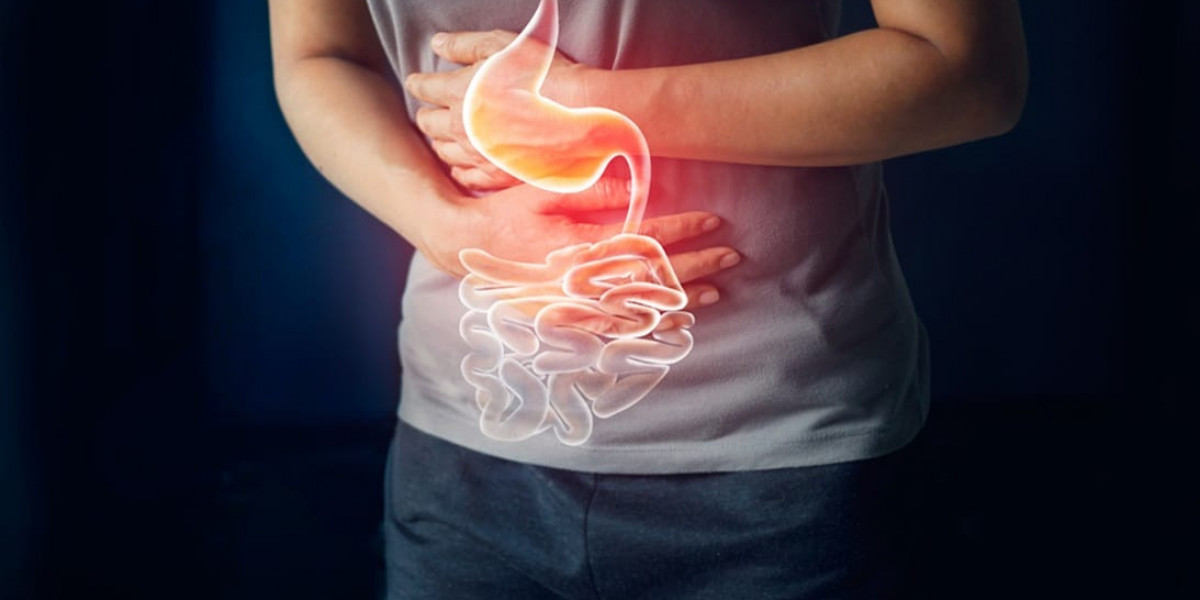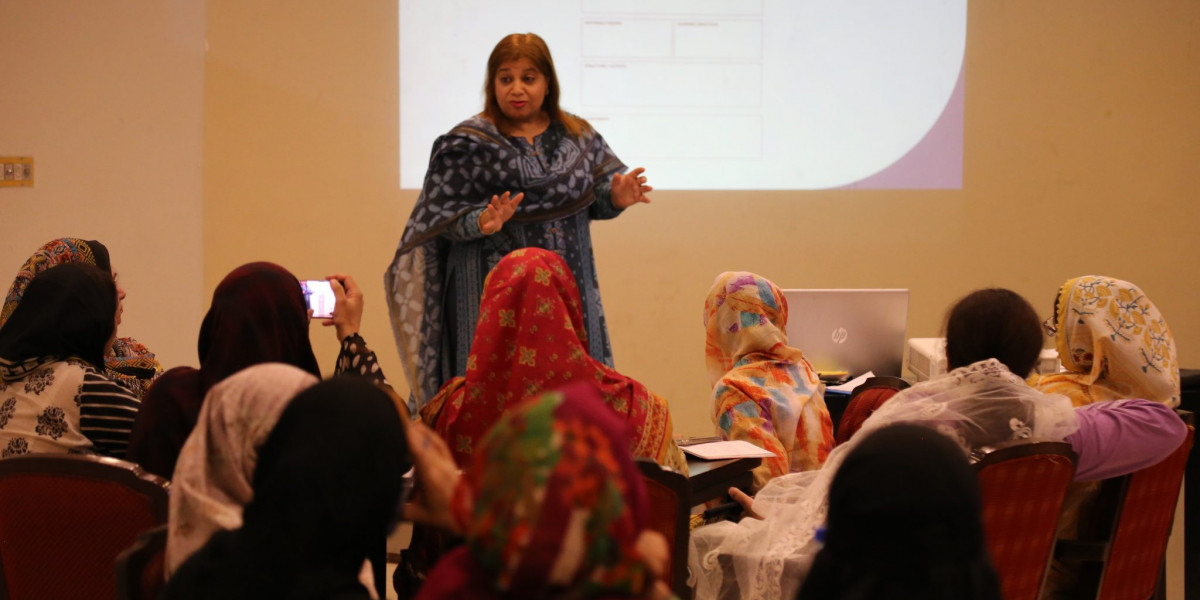A gastrointestinal infection is a common yet often uncomfortable health condition that affects the stomach and intestines. It can be caused by bacteria, viruses, or parasites and often leads to symptoms like nausea, vomiting, diarrhea, and abdominal pain. Understanding the signs, prevention, and treatment of this condition can help you protect your digestive health and recover quickly when infection strikes.
What Is a Gastrointestinal Infection?
A gastrointestinal infection (often referred to as a gastrointestinal illness or gastrointestinal disease) occurs when harmful microorganisms invade the digestive tract. These infections are typically transmitted through contaminated food, water, or contact with infected individuals. Common causes include E. coli, Salmonella, Norovirus, and Rotavirus.
Depending on the cause and severity, infections can be mild and self-limiting or more serious, requiring medical attention—especially in children, older adults, or people with weakened immune systems.
Common Signs and Symptoms
Symptoms of a gastrointestinal illness can vary but usually appear within hours or days after exposure. They include:
Diarrhea (watery or bloody)
Nausea and vomiting
Abdominal cramps or pain
Fever and chills
Loss of appetite
Dehydration (dry mouth, fatigue, dizziness)
In severe cases, symptoms may persist for several days or lead to complications such as electrolyte imbalance and severe dehydration.
Prevention Tips
Preventing a gastrointestinal infection involves maintaining proper hygiene and food safety practices. Here are some key prevention tips:
Wash hands frequently – especially before eating or preparing food.
Cook food thoroughly – ensure meat, seafood, and eggs are fully cooked.
Avoid cross-contamination – use separate cutting boards for raw meat and vegetables.
Drink safe water – avoid unfiltered or contaminated water sources.
Clean surfaces and utensils – disinfect kitchen tools and surfaces regularly.
Practice safe food storage – refrigerate perishable items promptly.
These preventive measures significantly reduce the risk of contracting a gastrointestinal disease caused by foodborne or waterborne pathogens.
Medical Treatment and Care
Most gastrointestinal infections resolve on their own within a few days with adequate rest and hydration. However, medical treatment may be necessary for severe or prolonged cases.
Treatment options include:
Rehydration therapy: Drinking fluids or using oral rehydration solutions to replace lost electrolytes.
Medications: Depending on the cause, antibiotics (for bacterial infections) or antiparasitic drugs may be prescribed.
Probiotics: Help restore healthy gut bacteria and improve digestion.
Dietary management: Eat light, bland foods such as rice, toast, and bananas during recovery.
If you experience high fever, blood in stools, or persistent vomiting, seek medical care immediately to prevent complications.
When to See a Doctor
You should contact a healthcare provider if symptoms last more than 2–3 days or if you experience:
Severe dehydration
Persistent high fever
Bloody diarrhea
Signs of weakness or confusion
Timely medical attention ensures proper diagnosis and treatment, reducing the risk of chronic gastrointestinal disease.
Conclusion
A gastrointestinal infection can disrupt your daily routine, but with proper hygiene, prevention, and prompt treatment, recovery is usually quick and complete. Staying aware of food safety practices and maintaining good personal hygiene are key to keeping your digestive system healthy and preventing future infections.








